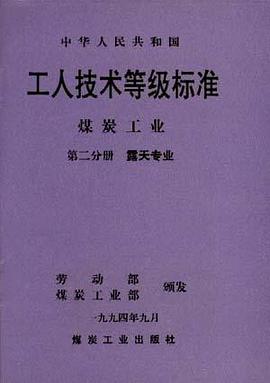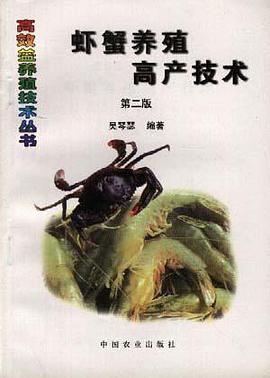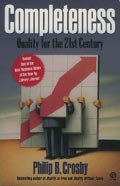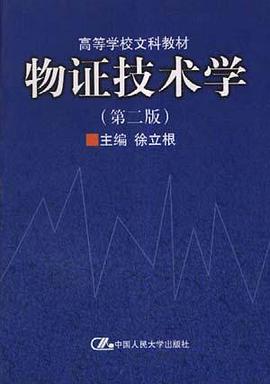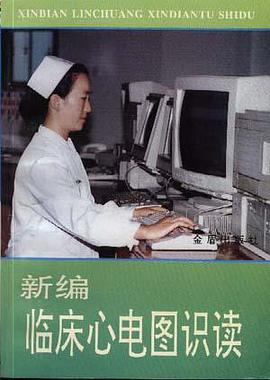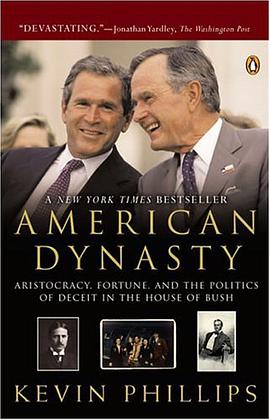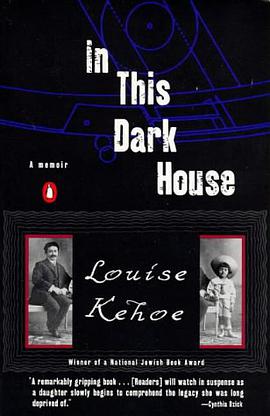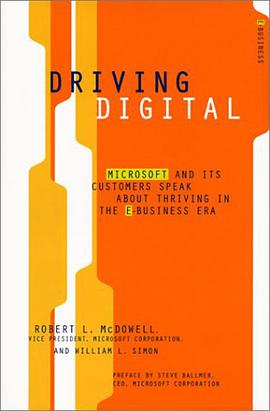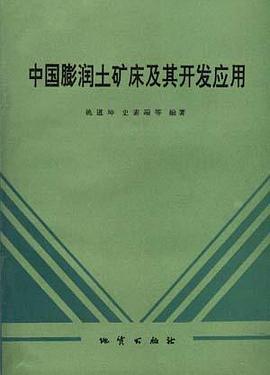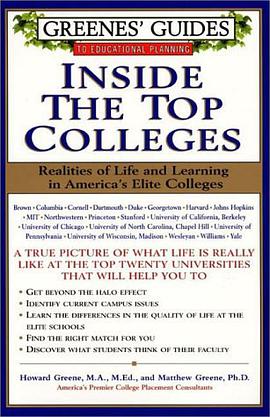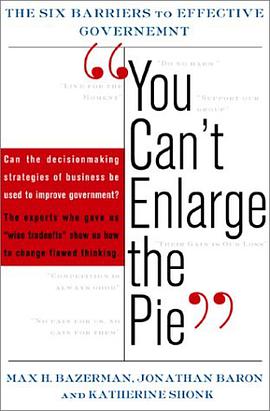

Publisher Comments:
Why do our government leaders continually make decisions and craft policies that everybody knows are foolish? Because they, like the rest of us, remain trapped in foolish and unproductive habits of thinking. "You Can't Enlarge the Pie" analyzes the unspoken assumptions that lead to bad policy, wasted resources, and lost lives, and shows exactly why they're wrong. With fascinating case studies and clear, compelling analysis, it dissects six psychological barriers to ineffective government:
1. Do no harm.
2. Their gain is our loss.
3. Competition is always good.
4. Support our group.
5. Live for the moment.
6. No pain for us, no gain for them.
By freeing ourselves from the narrow way we evaluate our government leaders, we can learn to judge their performance more as that of business leaders is judged: by the overall health of their organizations.
Book Description
When they learn how to negotiate and solve problems, students in management schools are taught two things. First, they are to look for and recognize any cognitive biases that may be affecting their own decisions about possible solutions. Second, in any disagreement, they are to seek out "wise tradeoffs": resolutions that minimize the costs and maximize the gains for all parties. Current and future executives are trained to craft agreements that create value by enlarging the pie of resources available, and to avoid the pitfalls that reduce organizational effectiveness.
But if pragmatic business leaders have adopted such non-adversarial techniques, why has government grown increasingly combative? Why do our government leaders continually make decisions and craft policies that everyone knows are imprudent? It's not because they're ignorant or corrupt, but because our leaders, like the rest of us, are trapped in careless and unproductive habits of thinking. With case studies and clear, compelling analysis based on the latest decision-making and negotiation research findings, Bazerman, Baron and Shonk dissect six flawed ways of thinking that serve as psychological barriers to effective governments.
Two of the country's leading experts in business negotiation and decision-making show how their methods can be used to solve the problems of government.. everybody knows are foolish? It's not because they're stupid or corrupt, say the authors, but because our leaders, like the rest of us, are trapped in foolish and unproductive habits of thinking. "You Can't Enlarge the Pie" analyzes the unspoken assumptions that lead to bad policy, wasted resources, and lost lives, and shows exactly why they're wrong. With fascinating case studies and clear, compelling analysis, they dissect six beliefs that serve as psychological barriers to effective government:1. Do no harm2. Their gain is our loss3. Competition is always good4. Support our group5. Live for the moment6. No pain for us, no gain for themBy freeing ourselves from the narrow way we evaluate our government leaders, say the authors, we can learn to judge their performance just as we judge that of business leaders: by the overall health of their organizations.
Synopsis
Two of the country's leading experts in business negotiation and decision-making show how their methods can be used to solve the problems of government.. everybody knows are foolish? It's not because they're stupid or corrupt, say the authors, but because our leaders, like the rest of us, are trapped in foolish and unproductive habits of thinking. "You Can't Enlarge the Pie" analyzes the unspoken assumptions that lead to bad policy, wasted resources, and lost lives, and shows exactly why they're wrong. With fascinating case studies and clear, compelling analysis, they dissect six beliefs that serve as psychological barriers to effective government:1. Do no harm2. Their gain is our loss3. Competition is always good4. Support our group5. Live for the moment6. No pain for us, no gain for themBy freeing ourselves from the narrow way we evaluate our government leaders, say the authors, we can learn to judge their performance just as we judge that of business leaders: by the overall health of their organizations.
From Publishers Weekly
Bazerman (a Harvard professor of business administration), Baron (a University of Pennsylvania professor of psychology) and Shonk (a Harvard research associate) have a promising idea for improving government. Drawing on "an approach that now dominates the curriculum of business schools," they declare, "Our core argument is that large gains can often only be achieved when citizens learn to accept small losses in return" as with vaccines, which save far more lives than they cost in fatal side effects. The authors devote separate chapters to each of six cognitive barriers they claim prevent us from making such wise trade-offs. Some are clearly related to their main theme "do no harm" describes the rationale opposing vaccination; but others notably "competition is always good" require more elaboration, which is generally lacking. Furthermore, they sometimes criticize behavior in one chapter and praise or simply overlook it in another indicating a schematized approach that ignores crucial sources of policy-making difficulty. One chapter touts free trade between countries while another decries cities' ruinous competitive spending on sports arenas, without acknowledging a similar dynamic when labor, consumer and environmental laws are construed as "trade barriers." The authors' cognitive focus obscures genuine objective dilemmas, while their psychologizing is often implausible. They say campaign finance reform has low priority as an ill-defined "process issue" that people can't grasp because like most business negotiators they don't think ahead. But most citizens grasp political corruption, which seems similarly to be a "process issue." Despite some obviously promising ideas, the relentless reductionism oversimplifies and psychologizes problems that have complex, historical, real-world roots.
Book Dimension
Height (mm) 235 Width (mm) 156
具體描述
讀後感
評分
評分
評分
評分
用戶評價
相關圖書
本站所有內容均為互聯網搜索引擎提供的公開搜索信息,本站不存儲任何數據與內容,任何內容與數據均與本站無關,如有需要請聯繫相關搜索引擎包括但不限於百度,google,bing,sogou 等
© 2025 qciss.net All Rights Reserved. 小哈圖書下載中心 版权所有

